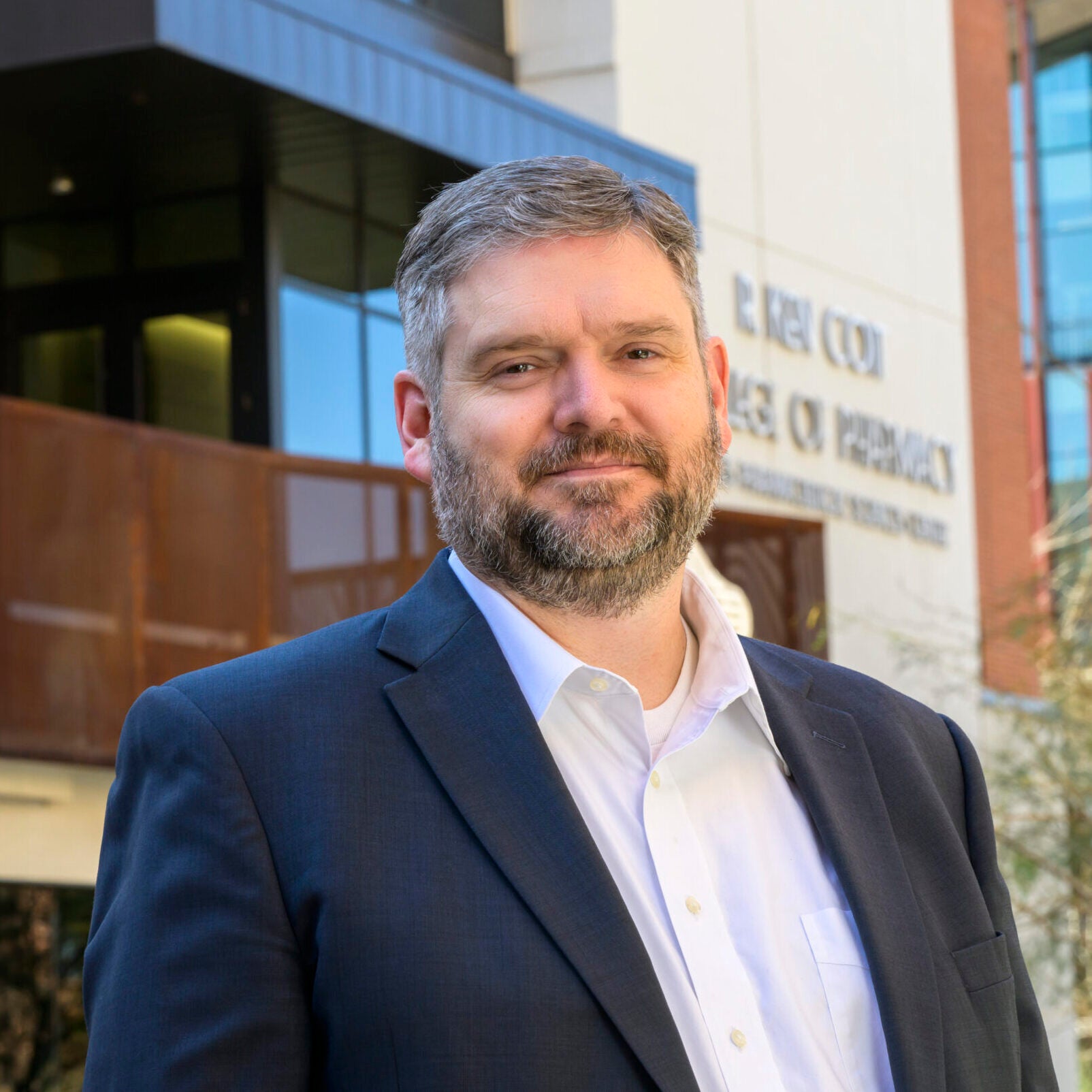Harvard Pop Center Social Demography Seminar: “Credibility laundering as a vector: The afterlives of reactionary knowledge in population studies.”
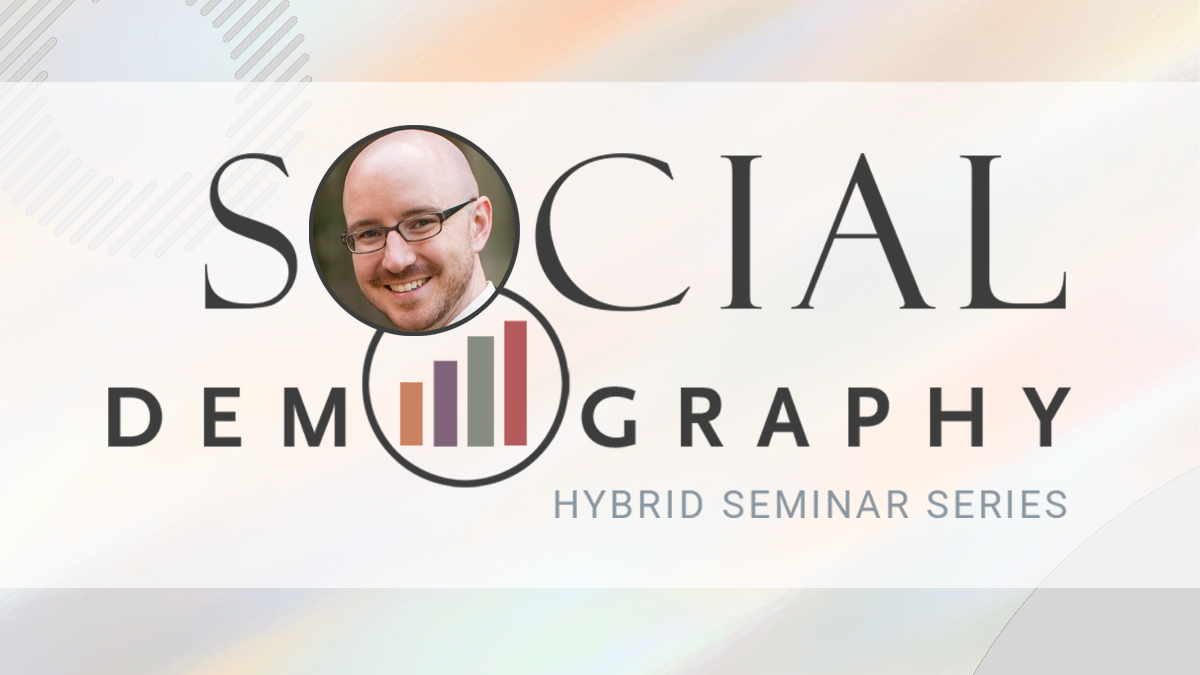
Brian Keegan, PhD, associate professor of information science, University of Colorado-Boulder, and visiting scientist, Harvard Center for Population and Development Studies, presents “Credibility laundering as a vector: Change-point detection and socio-technical afterlives of reactionary demographic knowledge.”
With the aim of disseminating scholarly research, The Harvard Center for Population and Development Studies hosts a diverse array of speakers. They do not represent or speak for the Center, the School or the University, and hosting them does not imply endorsement of their views, organizations, or employers.
Speaker Information
Organizers
Social Demography Seminar with Jessica Finlay
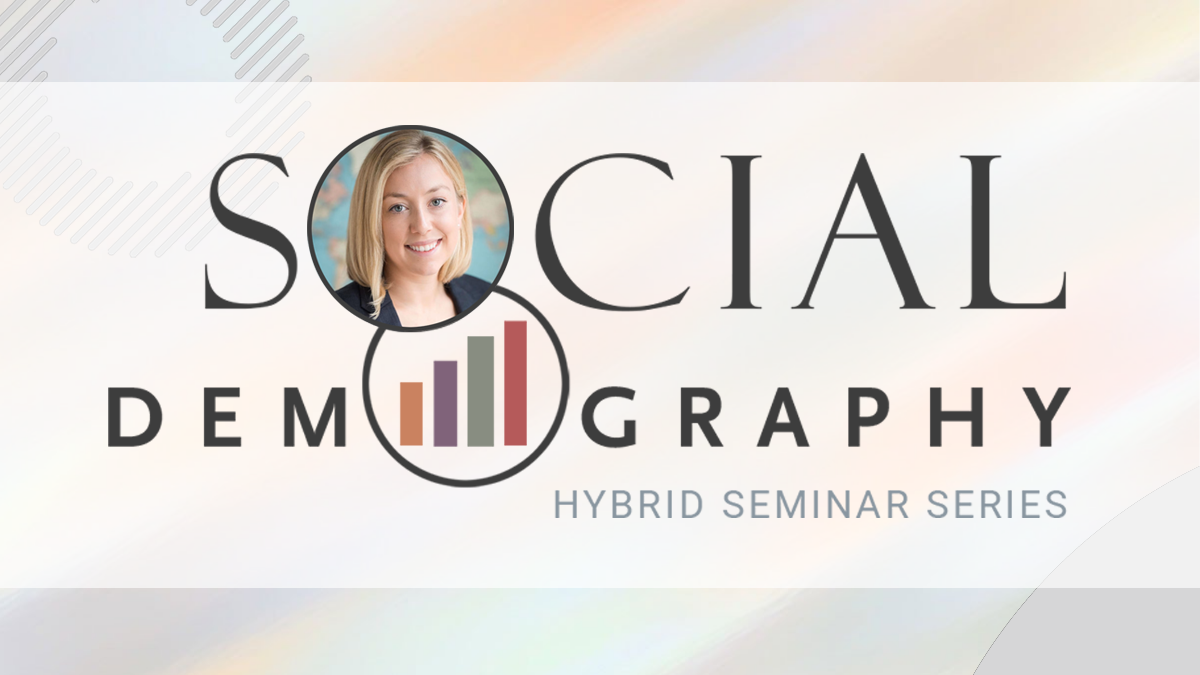
VIRTUAL
Jessica Finlay, PhD, Assistant Professor of Geography, University of Colorado-Boulder, presents ‘Cognability: A mixed-methods approach to neighborhoods and cognitive health across the life course.’
The Social Demography Seminar (SDS) series at the Harvard Center for Population and Development Studies provides a lively forum for scholars from across the University to discuss in-progress social scientific and population research. Social demography includes work that uses demographic methods to describe and explain the distribution of social goods across populations. The hybrid series offers presentations on a wide variety of topics such as family, gender, race/ethnicity, population health—including mortality, morbidity, and functional health—inequality, immigration, fertility, and the institutional arrangements that shape and respond to population processes.
With the aim of disseminating scholarly research, The Harvard Center for Population and Development Studies hosts a diverse array of speakers. They do not represent or speak for the Center, the School or the University, and hosting them does not imply endorsement of their views, organizations, or employers.
Speaker Information
Organizers
Harvard Pop Center Social Demography Seminar: Navigating—and leveraging—existing data sources to guide sound public health programming to address social determinants of health
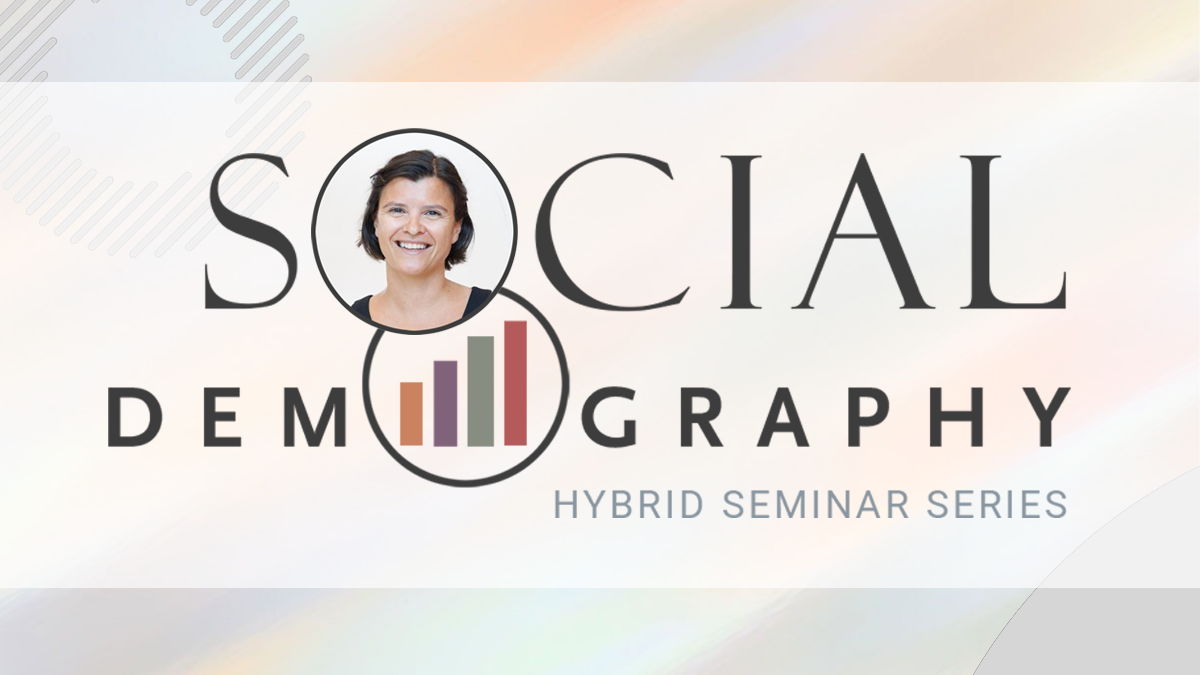
Sabrina Hermosilla, PhD, MPH, assistant professor of population and family health, Mailman School of Public Health, Columbia University, presents “Navigating—and leveraging—existing data sources to guide sound public health programming to address social determinants of health.”
The Social Demography Seminar (SDS) series at the Harvard Center for Population and Development Studies provides a lively forum for scholars from across the university to discuss in-progress social scientific and population research. Social demography includes work that uses demographic methods to describe and explain the distribution of social goods across populations. The hybrid series offers presentations on a wide variety of topics such as family, gender, race/ethnicity, population health—including mortality, morbidity, and functional health—inequality, immigration, fertility, and the institutional arrangements that shape and respond to population processes.
Speaker Information
Organizers
CHDS Seminar with Mark Strong of University of Sheffield, UK
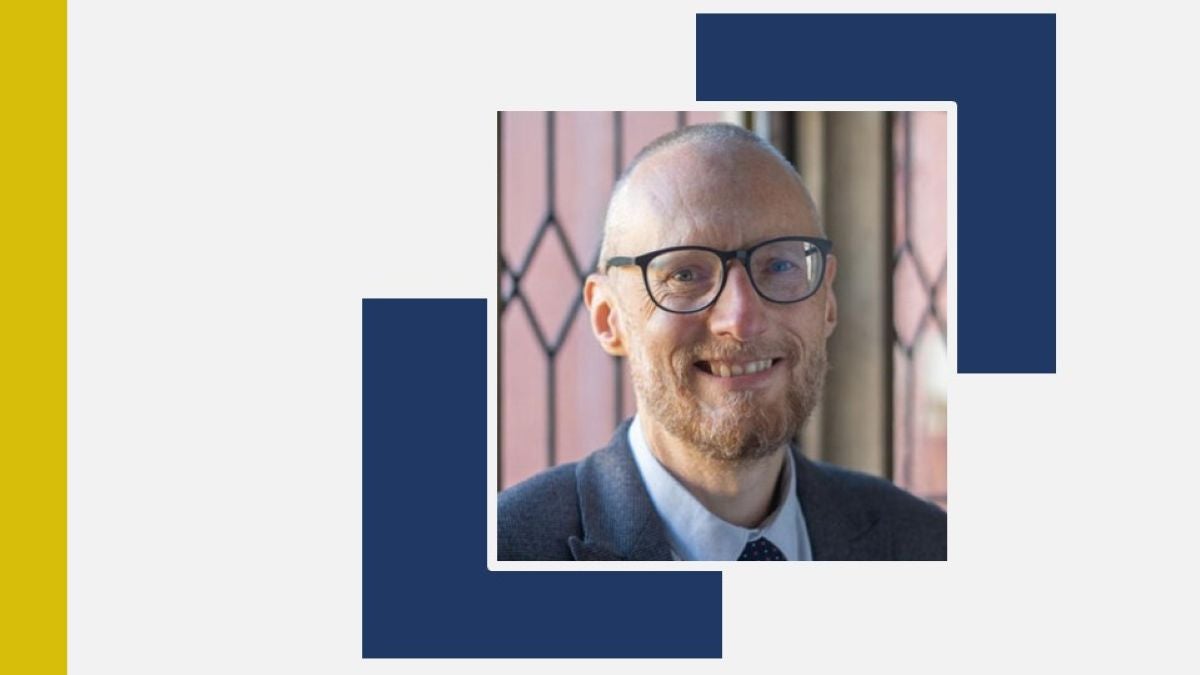
Join the Center for Health Decision Science for a seminar with Mark Strong of the University of Sheffield, UK, School of Medicine and Population Health, “Understanding and Managing Uncertainty in Model-Based Decision Making.” We commonly use computer models to help us make decisions in healthcare resource allocation. Should we fund a particular new drug, for example? However, even with our best model we still might make a wrong decision. This is because we can almost never eliminate uncertainty. This seminar will cover the meaning of uncertainty in a model-based decision making context, and how we can manage it, with particular reference to the quantification of the value of new information.
Mark Strong is Dean of the School of Medicine and Population Health at the University of Sheffield, UK. He is a public health physician and Professor of Public Health, and has conducted research on a wide range of topics relating to public health, health economics, health services research, epidemiology and statistics. He is a Chartered Statistician of the UK Royal Statistical Society and his core research interests relate to the quantification and management of uncertainty in healthcare decision making.
Speaker Information
Organizers
Alumni insights: Careers in entrepreneurship and innovation

Presented jointly with the Office of Career and Professional Development
Join a panel of Harvard Chan School alumni for an engaging discussion on bringing innovation and entrepreneurship to public health. Discover how they built their careers, what skills matter most, and how to apply their insights to your own professional journey in this candid conversation.
Register for free to submit your questions.
An on-demand video will be posted after the event.
Speakers
Hailey How
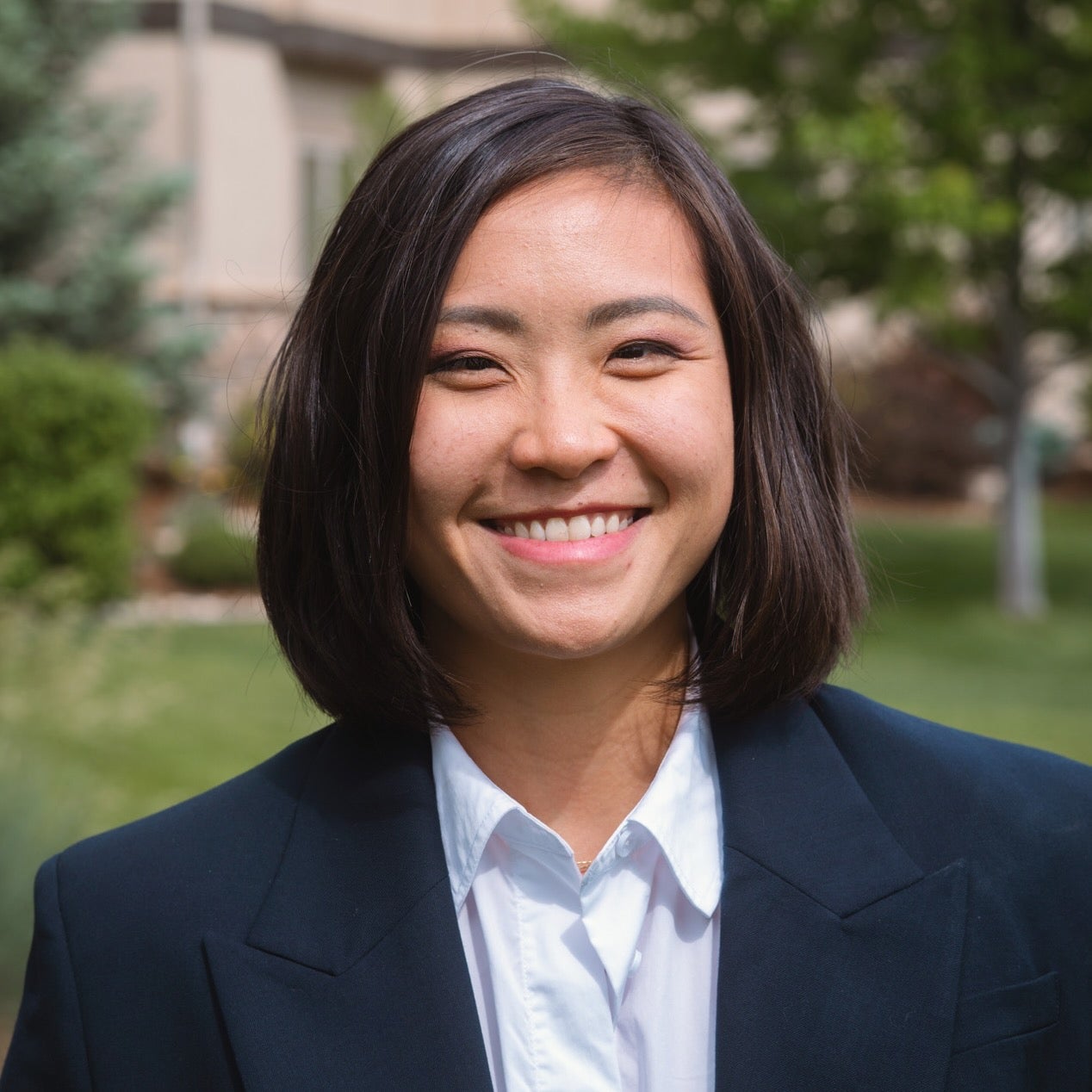
Ivan Hsiao

Amber Nigam
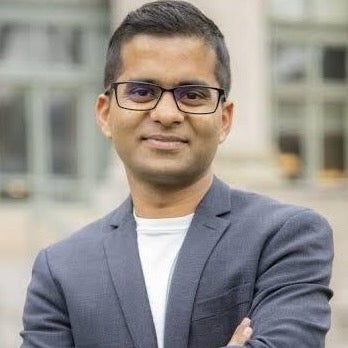
Fiza Shaukat
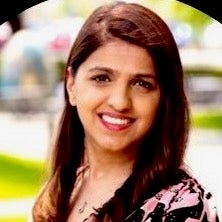
Moderator
David Garcia Lou
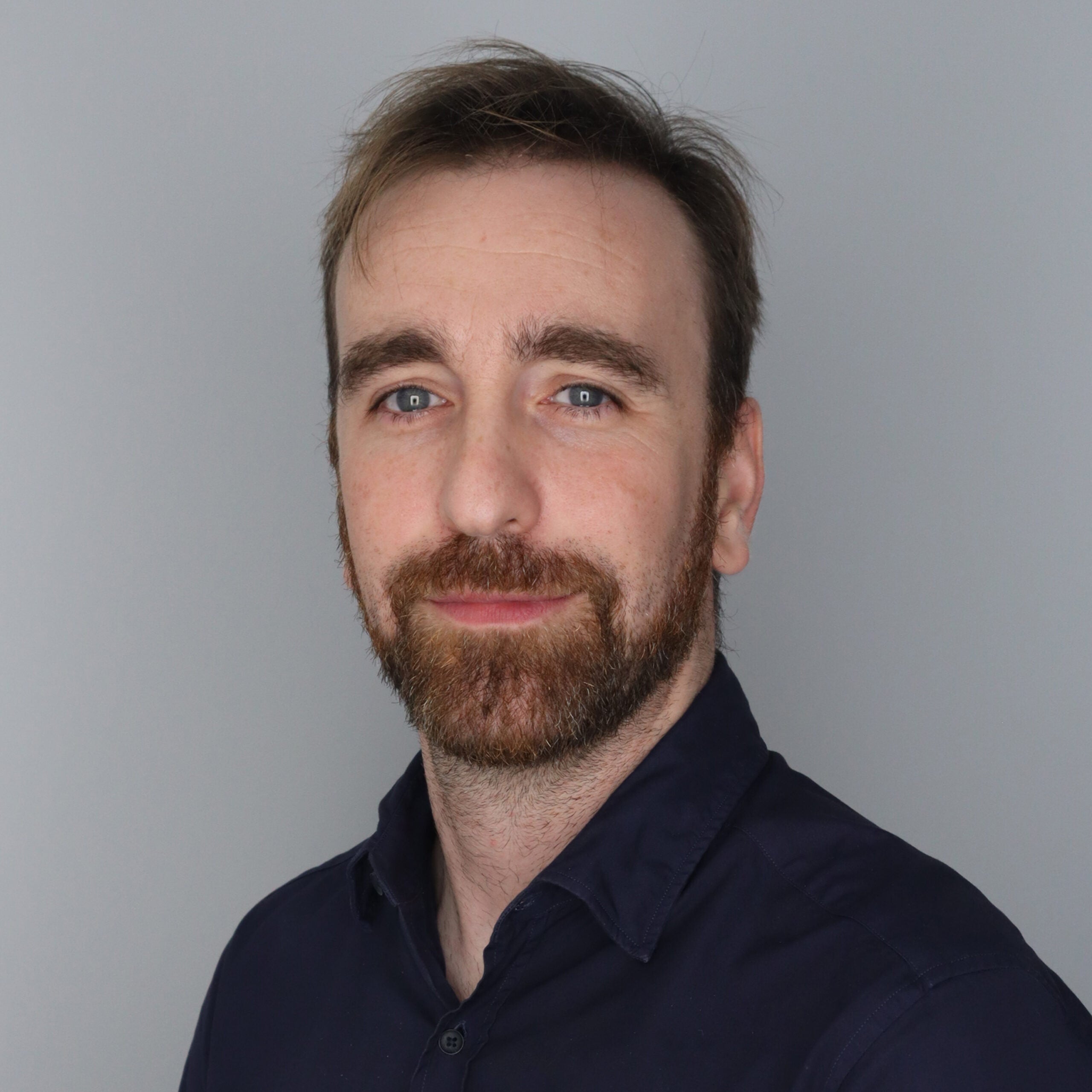
About The Studio
Complex Mixtures Working Group
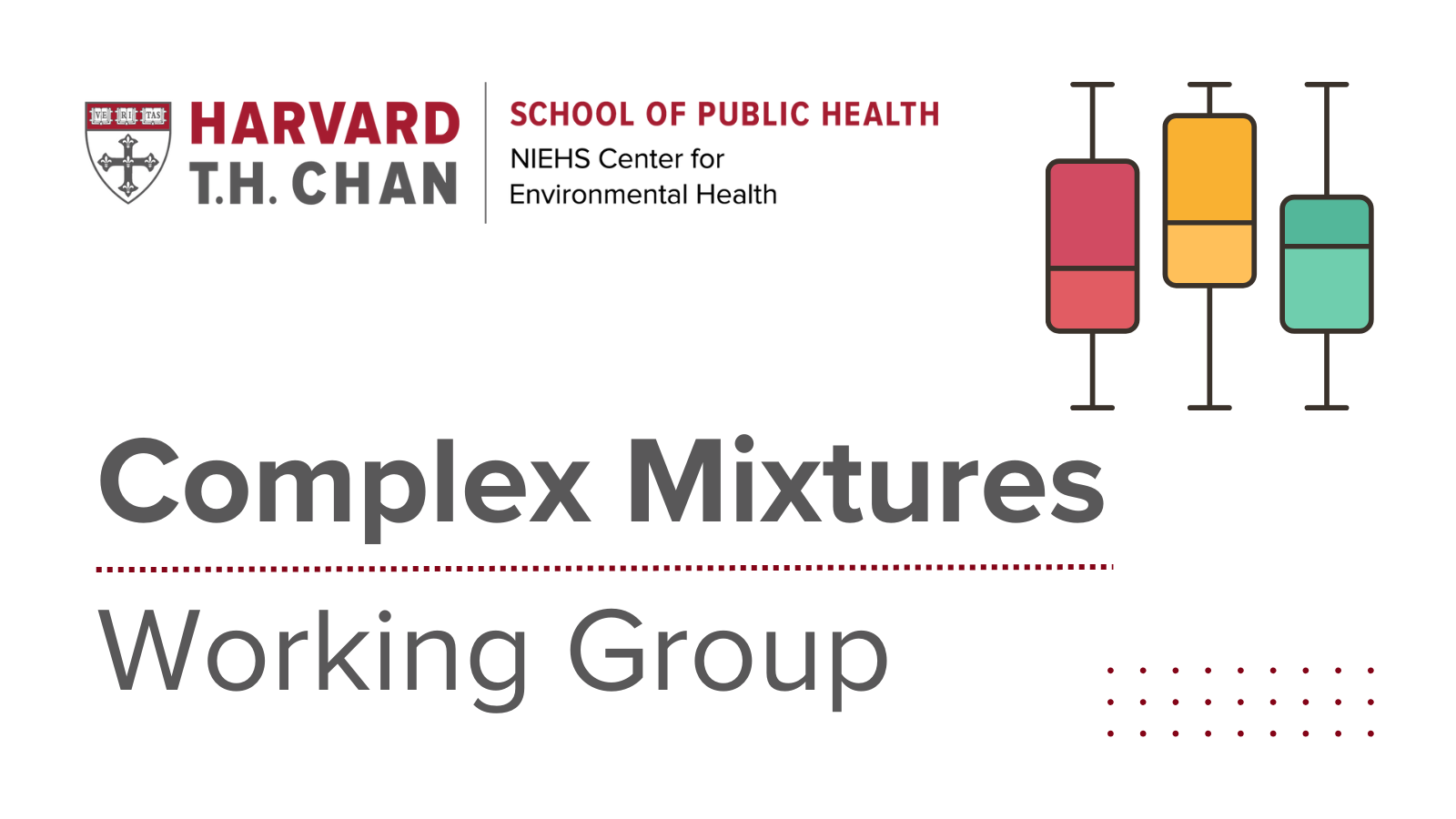
Join the Harvard Chan NIEHS Center’s working group on complex mixtures, held the last Monday of each month in HSPH Bldg. 1, 1302!
This monthly working group meeting is held in person. Members discuss a wide range of issues related to analyzing health effects of complex mixtures of exposures in environmental health. During the 2025-2026 academic year, the group will also work through complex mixtures challenges faced by individual members.
Please email niehsctr@hsph.harvard.edu to RSVP!
Speaker Information
Organizers
Complex Mixtures Working Group

Join the Harvard Chan NIEHS Center’s working group on complex mixtures, held the last Monday of each month in HSPH Bldg. 1, 1302!
This monthly working group meeting is held in person. Members discuss a wide range of issues related to analyzing health effects of complex mixtures of exposures in environmental health. During the 2025-2026 academic year, the group will also work through complex mixtures challenges faced by individual members.
Please email niehsctr@hsph.harvard.edu to RSVP!
Speaker Information
Organizers
Cancelled: Complex Mixtures Working Group

*The February 23 meeting is cancelled. We will meet next on March 30!*
Join the Harvard Chan NIEHS Center’s working group on complex mixtures, held the last Monday of each month in HSPH Bldg. 1, 1302!
This monthly working group meeting is held in person. Members discuss a wide range of issues related to analyzing health effects of complex mixtures of exposures in environmental health. During the 2025-2026 academic year, the group will also work through complex mixtures challenges faced by individual members.
Please email niehsctr@hsph.harvard.edu to RSVP!
Speaker Information
Organizers
Exogenous probe drug strategy effectively identifies MASH: From environmental toxicology to biomarker success with Nathan Cherrington, PhD
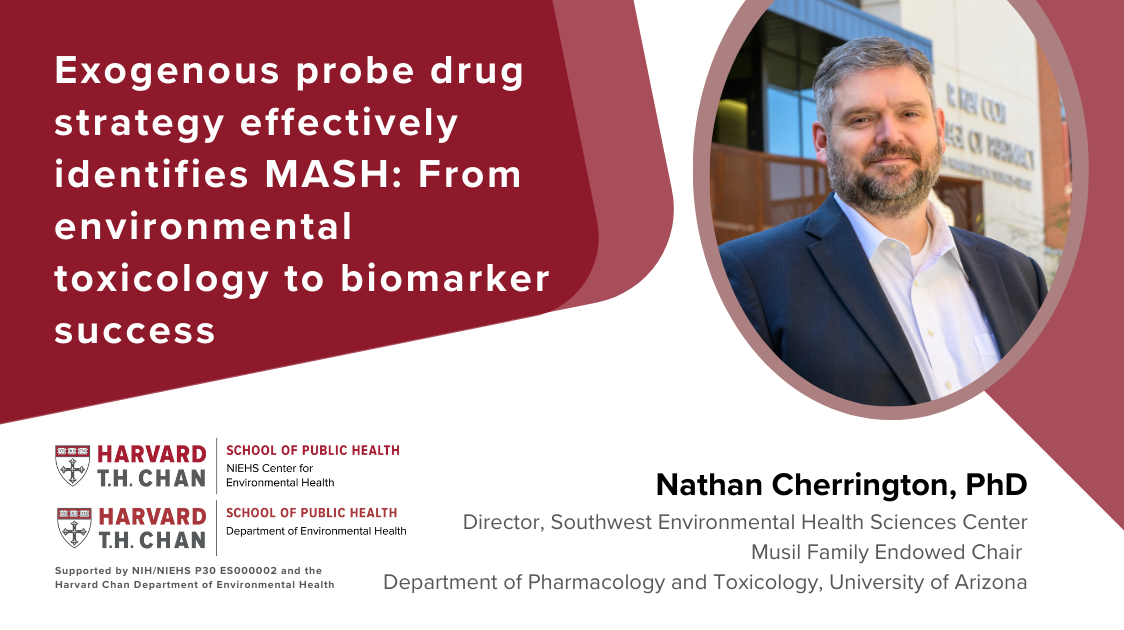
Please join the Harvard Chan NIEHS Center for Environmental Health and the Department of Environmental Health for a talk by Nathan Cherrington, PhD, Director of the University of Arizona’s Southwest Environmental Health Sciences Center. Dr. Cherrington will discuss “Exogenous probe drug strategy effectively identifies MASH: From environmental toxicology to biomarker success.”
This event will be held in person (HSPH Bldg. 1, 1302) and via Zoom. Register here
About the speaker
Nathan J. Cherrington, PhD, is the Musil Family Endowed Chair and 1885 Society Distinguished Scholar in the Department of Pharmacology and Toxicology at the University of Arizona. He is the Associate Dean for Research in the R. Ken Coit College of Pharmacy, Director of the Southwest Environmental Health Sciences Center, and Director of the Arizona Board of Regents Center for Toxicology. He received a B.S. in Zoology from Brigham Young University and a Ph.D. in Toxicology from North Carolina State University with an emphasis on xenobiotic metabolism. He then moved to the University of Kansas Medical Center to pursue postdoctoral training in drug metabolism and disposition.
He has taught Drug Metabolism and Disposition, Systems Toxicology, Environmental Health Science, and Advanced Toxicology courses since joining the faculty at the University of Arizona in 2002. Nathan has published over 140 original research papers on the sources of inter-individual variability in drug response. He serves as an associate editor for Toxicological Sciences and for Drug Metabolism and Disposition. He was made a fellow of the Academy of Toxicological Sciences where he currently serves as Secretary/Treasurer. He has served on numerous NIH study sections including chair of the NIEHS Environmental Health Sciences Review Committee and Severe Adverse Drug Reactions panel, as well as several committees for the Society of Toxicology and the International Society for the Study of Xenobiotics. He was awarded the Alumni Achievement Award from Brigham Young University and the Achievement Award (2011), Paper of the Year (2024), and Toxicology Mentor of the Year (2025) by the Society of Toxicology. His current research is on the effect of underlying disease states and environmental stressors on an individual’s ability to metabolize and eliminate drugs.
Speaker Information
Organizers
The Grand Challenge of Child Mental Health: Lessons from the Great Smoky Mountains Study
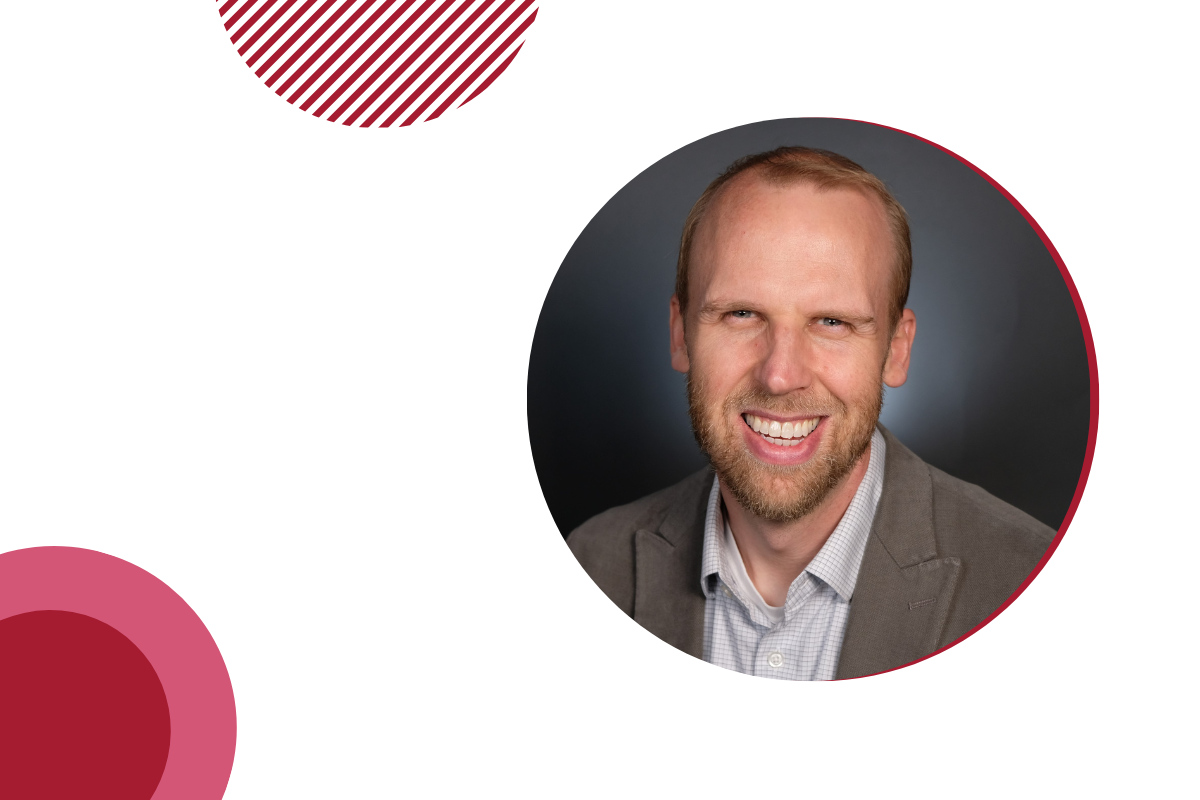
Join us on Wednesday, April 15th for a joint seminar between the Department of Epidemiology and the Maternal and Child Health Concentration featuring Dr. Bill Copeland discussing The Grand Challenge of Child Mental Health: Lessons from the Great Smoky Mountains Study.
Abstract: Child psychopathology is common, costly, and impairing. Indeed, the greatest burden of disease in the first 2 decades of life is related to mental health. This presents a great opportunity: Effective care for these diseases in childhood has the potential to mitigate and forestall later psychopathology (i.e., treatment as prevention). This talk will use data from a 30+ year psychiatric epidemiological study to demonstrate the ways in which this opportunity is often squandered contributing to misery, morbidity, and mortality in adulthood.
Bio: Dr. Copeland is a Professor of Psychiatry at the University of Vermont and the Thomas M Achenbach Chair in Developmental Psychopathology. He was trained as a clinical psychologist at the University of Vermont and then completed a postdoctoral fellowship in psychiatric epidemiology at Duke University Medical Center. He is the principal investigator of the prospective, longitudinal Great Smoky Mountains Study has been following 1420 participants in rural Appalachia for over 30 years to understand the long-term consequences of early adverse experiences and the development of mental illness. His research program has focused on understanding the developmental epidemiology of emotional and behavior problems across the lifespan. This work includes understanding the interplay between early adverse experiences and genetic vulnerability with other individual, family, and contextual characteristics.
His research has been supported by NIMH, NIDA, NICHD, NIA, and the Brain & Behavior Research Foundation. This program of research has led to over 180 peer-reviewed manuscripts including publications in JAMA, JAMA: Psychiatry, the American Journal of Psychiatry, Lancet Psychiatry, American Journal of Public Health, Molecular Psychiatry, Proceedings of the National Academy of Sciences and Nature Communications. His work has been covered in such national news outlets as Slate, the New York Times, TIME magazine and CNN. Dr. Copeland was named on the Clarivate Highly Cited Researcher list in 2017, 2019, 2020, 2021, 2022, 2023, and 2024.
